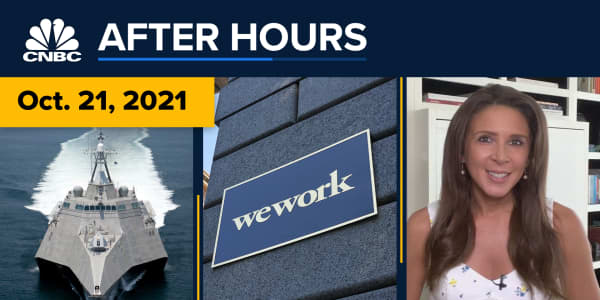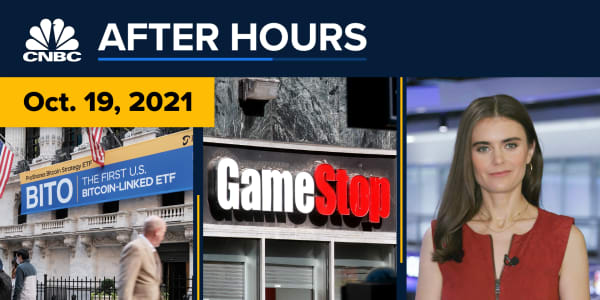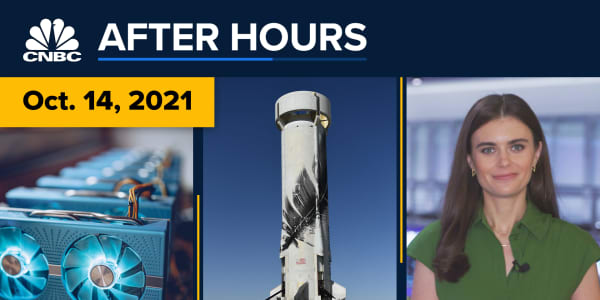CNBC.com's MacKenzie Sigalos brings you the day's top business news headlines. On today's show, CNBC's Meg Tirrell explains the state of the race for a coronavirus vaccine: who are the players, who are the frontrunners, and how long will it take? Plus, CNBC's Kate Rooney dives into the record level of trading retail investors are doing right now.
E-Trade experiences record trading in the second quarter as the retail trading boom continues
E-Trade's trading activity and new accounts surged in the second quarter amid a boom in retail investing that started during the coronavirus market turmoil.
The broker — slated to be acquired by Morgan Stanley in the second half of 2020 — reported Thursday a record 1.01 million daily active revenue trades in the second quarter, a 267% increase from its daily trades last year. This is up from 657,000 daily trades in the first quarter.
U.S. agrees to pay Pfizer and BioNTech $2 billion for 100 million doses of coronavirus vaccine
The U.S. will pay Pfizer and biotech firm BioNTech $1.95 billion to produce and deliver 100 million doses of their Covid-19 vaccine if it proves safe and effective, the companies announced Wednesday.
It was the largest such deal between the government and companies racing to develop a coronavirus vaccine.
Under the agreement, the U.S. can acquire 500 million additional doses, the Department of Health and Human Services said. Germany-based BioNTech and Pfizer are jointly developing four potential vaccines.
The make-up of the S&P 500 is determined by what's known as the "Index Committee" at S&P Dow Jones Indices. Inclusion in the index is based on quantitative as well as qualitative factors.
Companies must be U.S. based, and listed on either the NYSE, the Nasdaq or the Cboe. They also must have a market cap of more than $8.2 billion, and report four straight quarters of profit as determined by U.S. generally accepted accounting principles (GAAP).
Even if a company meets these criteria as well as the other stipulations, however, it still does not guarantee inclusion in the index, according to Howard Silverblatt, senior index analyst at S&P Dow Jones Indices.






